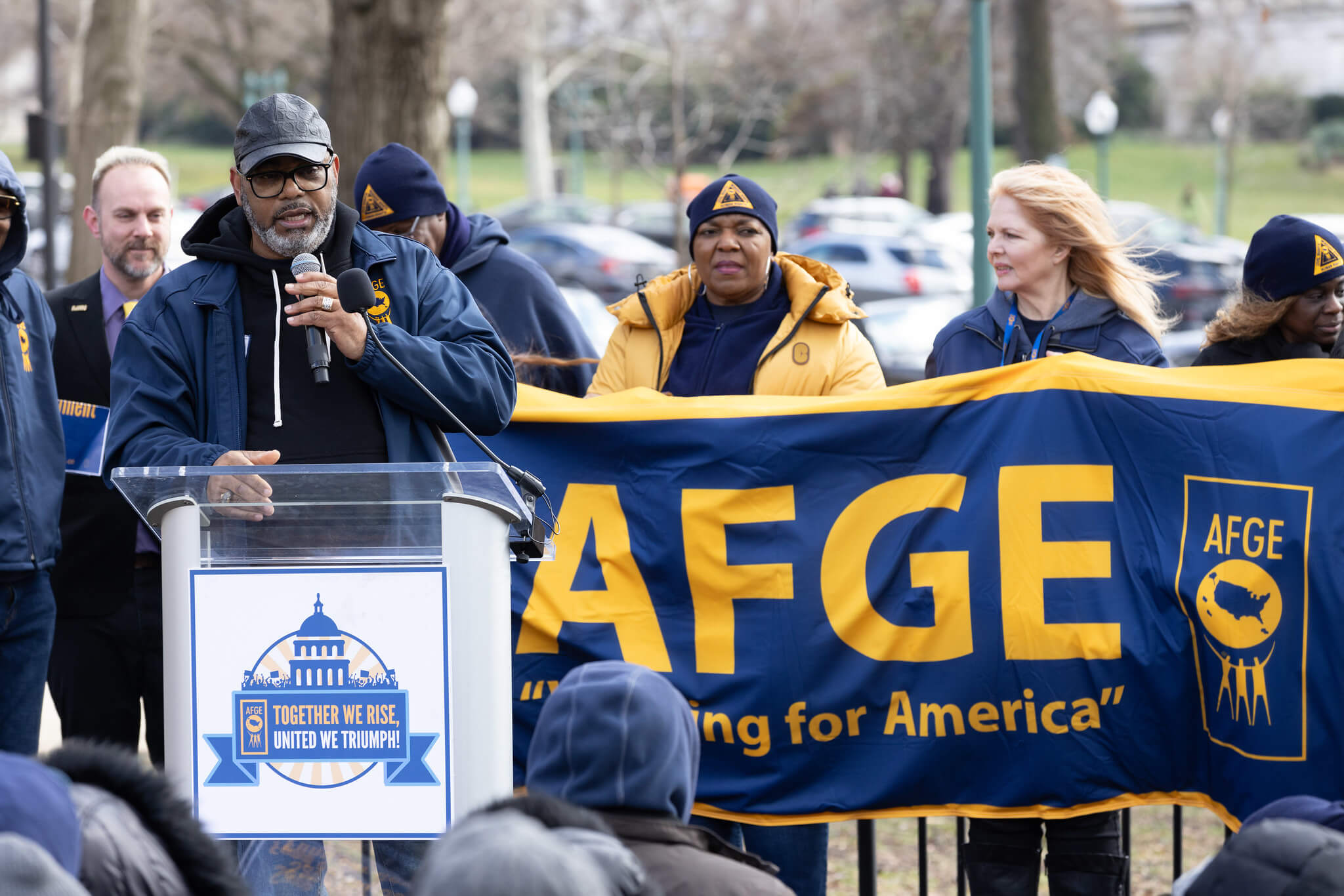Today's Headlines and Commentary
President Trump escalated his attacks on the special counsel investigation Monday morning, characterizing it as a “total WITCH HUNT with massive conflicts of interest,” the Wall Street Journal reports.
Published by The Lawfare Institute
in Cooperation With

President Trump escalated his attacks on the special counsel investigation Monday morning, characterizing it as a “total WITCH HUNT with massive conflicts of interest,” the Wall Street Journal reports. The Monday tweet followed a series of tweets over the weekend attacking the special counsel, who last week subpoenaed the Trump Organization for information and documents related to the ongoing investigation. One tweet over the weekend, the first of its kind from the president, targeted Special Counsel Robert Mueller by name. The tweets, along with the president’s controversial decision to fire former FBI deputy director Andrew McCabe, generated harsh rebukes from congressional Republicans such as Sen. Lindsey Graham (R-S.C.) and Rep. Trey Gowdy (R-S.C.). In an interview with CBS on Monday morning, Marc Short, director of legislative affairs for the president, emphasized that the administration will continue cooperating with the special counsel investigation.
Russian President Vladimir Putin won a fourth term on Sunday amid reports of systematic pressure on voters and suppression of the opposition, Politico reports. Prior to the vote, the Kremlin said it hoped to see the president secure 70 percent of the vote with 70-percent voter turnout, noting that these results would clearly demonstrate Putin’s legitimacy. Putin secured 76.6 percent of the vote with voter turnout estimates ranging from 63 percent to 67.6 percent. The president’s nearest challenger secured just 11.8 percent of votes. On election day, Golos, an independent election watchdog, reported dozens of instances of ballot-box stuffing and “irregularities with lists of registered voters.” Kremlin officials also allegedly pressured millions of students, government workers and employees at private companies dependent on government contracts into voting for Putin, bombarding them and their family members with reminders to vote for the incumbent.
After securing reelection, Putin stated on Monday that he did not want an arms race with the West and added that he would do everything he could to resolve Russia’s disputes with other countries, Reuters reports. Putin’s commitment to resolving Moscow’s differences through “political and diplomatic channels” represents a marked change in the tone of his rhetoric, which on the campaign trail pulsed with unabashed bellicosity. In a meeting with the presidential candidates he beat in Sunday’s election, Putin shifted his focus from foreign policy and nuclear weapons to Russia’s internal affairs, noting that he will prioritize domestic issues over international ones in his forthcoming term. The newly reelected president specified that he hopes to decrease defense spending and increase Russians’ standard of living by spending more on education, health care and infrastructure.
Experts from the Organization for the Prohibition of Chemical Weapons have begun inspecting the banned nerve agent used in Russia’s attempted assassination of former Russian spy Sergei Skripal and his daughter on British soil, Reuters announces. Through their independent tests, experts intend to evaluate Britain’s analysis of the nerve agent. A contingent of EU foreign ministers noted that Russia’s use of the nerve agent, if verified by the organization, would mark the first use of the poison on European soil in 70 years. This, they added, constitutes “a security threat to us all.”
Politicians around the world condemned reports that data analytics company Cambridge Analytica harvested Facebook users’ personal information without the users’ knowledge, Politico reports. Cambridge Analytica, a firm that conducted online data analysis for President Trump’s campaign and the U.K.’s “Leave” campaign in the lead-up to the Brexit vote, unlawfully collected the information of approximately 50 million American voters. The information revealed their political preferences and details about their personal lives. Sen. Amy Klobuchar (D-Minn.) demanded an investigation into the “major breach.” Damian Collins, head of the British parliament’s digital committee, called on Facebook CEO Mark Zuckerberg to testify before parliament, noting that “someone has to take responsibility for this.” In a letter to Sen. Chuck Grassley (R-Iowa), the chairman of the Senate judiciary committee, Sens. Klobuchar and Kennedy (R-La.) also called on Monday for Zuckerberg to testify to lawmakers, alongside the heads of Google and Twitter, the Hill adds. In the letter, the senators expressed grave concerns about the lack of oversight on “how data is stored and how political advertisements are sold” and the threat it poses to “the integrity of elections as well as privacy rights.”
Top Army officials will travel to Alabama on March 26 to unveil their plans to create a new Army department called Futures Command, the New York Times reports. Futures Command hopes to decrease drastically the time it takes for crucial weapons technology to go from the lab to troops on the battlefield. The current process can take as long as a decade. Ryan McCarthy, the Army undersecretary, added that the new department also seeks to enhance the efficiency of military spending and noted that the Army will often “experiment [new weapons technology] to death and never buy anything, or don’t experiment and then buy a billion-dollar PowerPoint. We have to move away from that.”
ICYMI: This Weekend on Lawfare
Quinta Jurecic and Benjamin Wittes argued that any individual confidently proclaiming the merits of Andrew McCabe’s dismissal does so without the specific facts necessary to speak with such confidence; the pair noted that the public only knows the broad parameters of the deputy director’s dismissal.
Matthew Kahn posted the Lawfare Podcast, in which he talks with John Feerick, a drafter of the 25th amendment.
Andrew Yeo contended that pursuing North Korean denuclearization requires that the U.S. confront Pyongyang on its egregious violations of human rights.
Email the Roundup Team noteworthy law and security-related articles to include, and follow us on Twitter and Facebook for additional commentary on these issues. Sign up to receive Lawfare in your inbox. Visit our Events Calendar to learn about upcoming national security events, and check out relevant job openings on our Job Board.




